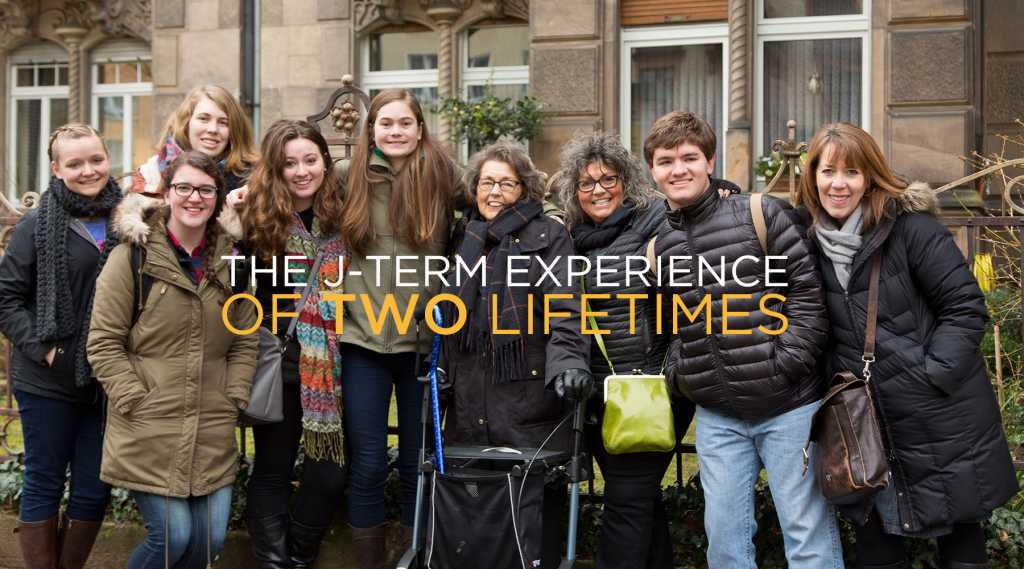Page 39 • (413 results in 0.063 seconds)
-
German (pdf) view download
-
Regency RoomProfessor Adriana M. Brodsky, St. Mary’s College of Maryland, “‘En Memoria de Nuestros Hermanos.’: Argentine Sephardim and the Holocaust.” Joana Bürger, Ph.D. Candidate, University of Washington-Seattle, “Sephardic, Turkish, German, Stateless: A Mixed Family’s Story of Surviving Nazi Germany” Convener: Giovanna Urdangarain, Professor of Hispanic and Latino Studies, PLU 10:30 - 11:15 a.m. – Break 11:15 a.m. - 12:20 p.m. – “Survivors’ Voices,” AUC Regency RoomAndreas Algava, Survivor, “600
-
writings shed light on how war, occupation, race laws, internment, and Vichy French, Italian fascist, and German Nazi rule were experienced day by day across North Africa. Though some selections are drawn from published books, including memoirs, diaries, and collections of poetry, most have never been published before, nor previously translated into English. These human experiences, combined, make up the history of wartime North Africa. Stein’s previous book, Family Papers: A Sephardic Journey Through
-
Reformation Reformation https://www.plu.edu/resolute/fall-2016/wp-content/themes/blade/images/empty/thumbnail.jpg 150 150 Kevin Knodell '11 Kevin Knodell '11 https://www.plu.edu/resolute/fall-2016/wp-content/uploads/sites/16/2016/09/kevin-knodell.jpg September 2, 2016 September 26, 2016 University builds up to monumental anniversary with Re•forming series honoring Lutheran higher education Martin Luther, a humble German theology professor and Catholic clergyman, seemed an unlikely man to start
-
By:Kevin Knodell '11 September 2, 2016 0 Reformation https://www.plu.edu/resolute/fall-2016/wp-content/themes/blade/images/empty/thumbnail.jpg 150 150 Kevin Knodell '11 Kevin Knodell '11 https://www.plu.edu/resolute/fall-2016/wp-content/uploads/sites/16/2016/09/kevin-knodell.jpg September 2, 2016 September 26, 2016 Reformation University builds up to monumental anniversary with Re•forming series honoring Lutheran higher education Martin Luther, a humble German theology professor and Catholic
-

survived the Holocaust to become a fierce advocate for Holocaust education, and for the memory of those who did not survive. Even after his death in 2012, the man whose name informs one of PLU’s most distinguished programs remains an inspiration: for scholars, for students—and, perhaps most recently (and most poignantly), for a J-Term Study Away experience organized by Kirsten Christensen, Associate Professor of German and affiliated faculty in PLU’s new program in Holocaust and Genocide Studies at PLU
-

survived the Holocaust to become a fierce advocate for Holocaust education, and for the memory of those who did not survive. Even after his death in 2012, the man whose name informs one of PLU’s most distinguished programs remains an inspiration: for scholars, for students—and, perhaps most recently (and most poignantly), for a J-Term Study Away experience organized by Kirsten Christensen, Associate Professor of German and affiliated faculty in PLU’s new program in Holocaust and Genocide Studies at PLU
-

has she had a book published with a PLU professor, but Henrichsen also has recently been published by UNESCO and was accepted to the Annenberg School for Communication at the University of Pennsylvania for her Ph.D. Henrichsen, a Communication/Political Science double major with an emphasis in Conflict Resolution and a minor in German, learned at PLU that she was passionate about justice for journalists around the globe. As an undergraduate student, Henrichsen interned at the United Nations; was
-
serves as its Interim Director. Jennifer also co-directs, with the poet Joy Harjo, an arts mentorship program for Mvskoke youth in Oklahoma, and is a Project Director with the non-profit organization InnerCHANGE WORKS. She is the author of two books of poetry, Leaving Tulsa (2013) and Bright Raft in the Afterweather (2018), both published by the University of Arizona Press. Foerster is of German, Dutch, and Mvskoke descent, is a member of the Mvskoke (Creek) Nation of Oklahoma, and lives in San
-
, he taught for 25 years at Pacific Lutheran University in Tacoma, Washington. Browning received his B.A. degree from Oberlin College in 1967 and his M.A. and Ph.D. from the University of Wisconsin-Madison in 1968 and 1975 respectively. He is the author of eight books: The Final Solution and the German Foreign Office (1978), Fateful Months: Essays on the Emergence of the Final Solution (1985), Ordinary Men: Police Battalion 101 and the Final Solution in Poland (1992), The Path to Genocide (1992
Do you have any feedback for us? If so, feel free to use our Feedback Form.


